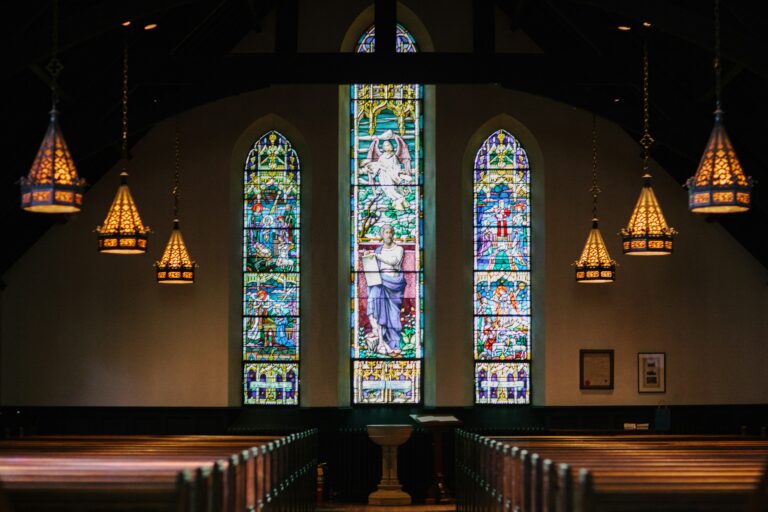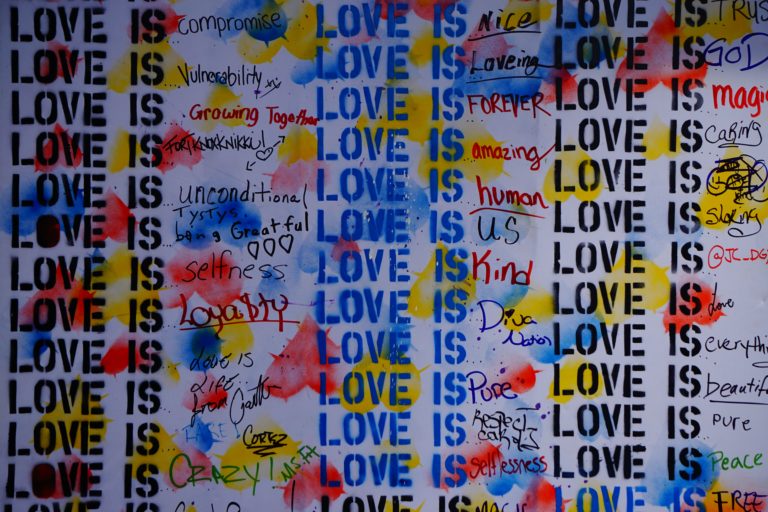Appeal of the Early Church: Love and Relationships
The text I’m writing about today is from 1 Thessalonians, which is most likely the first of any of Paul’s correspondence with the early churches. This reading isn’t a list of generic instructions or theological topics, but rather Paul telling this church how much he wants to visit them. He’s also encouraging them to let their love for each other grow.
My favorite part of Paul’s letters is the heartfelt way he writes to the communities, with such warmth, and recalling personal memories. He’s not afraid to speak with gushing affection. It seems sincere too, because Paul doesn’t pull any punches elsewhere in his letters. Almost all of the letters of Paul contain this kind of love and personal encouragement that signifies trust and a deep relationship.
Overall, Paul’s letters to churches were direct and sometimes difficult. He was often correcting some behavior or belief, and the second part of this text starts to have that corrective tone. In this text, Paul isn’t telling them to be blameless so that they’ll pull themselves up by their bootstraps to shape up. He’s drawing a connection between the strength of their communities and the mutual love they share. As they grow in their ability to love each other, God will strengthen them in their relationships and their faith. Paul is giving them hope for the transformation that he trusts God is doing in their lives.
We Need Community
Community is a powerful aspect of our faith. Today, it seems like our involvement with our Christian community is only for a couple of hours on Sunday. People in our lives come and go for various reasons and that makes it difficult to build this kind of closeness. Even with those we’re close to, knowing who we can really trust takes time. How can we hope to build these kinds of relationships that seem so integral to our faith?
Community is one of the foundations of Christian life and we need it. While the church at Thessalonica might have been a close-knit church, many of the early churches had similar trust issues that we experience today. It does take wisdom, but it’s worth taking the small steps of vulnerability to start building connections.
Close Relationships Over Time
In building this connection, I don’t suggest that you overshare from the most sensitive areas of your life. Start by daring to take the social facade off in the low-risk moments. Thank someone for something they did, and go further to explain what their actions meant to you. Find a reason to tell an acquaintance what you appreciate about them. It will probably feel awkward at first because positive vulnerable interactions aren’t built into the social contract. Some people may avoid you, but others will be drawn to genuineness. As your relationships build, you will have people to turn to in difficult times, as I wrote about in Will You Be There When I’m in Pain.
Do we desire this kind of community? I think we’re starving for this kind of love in our relationships. It will take time, but we can grow in our expression of love within our communities the way Paul does. Who will you let into your real life?






